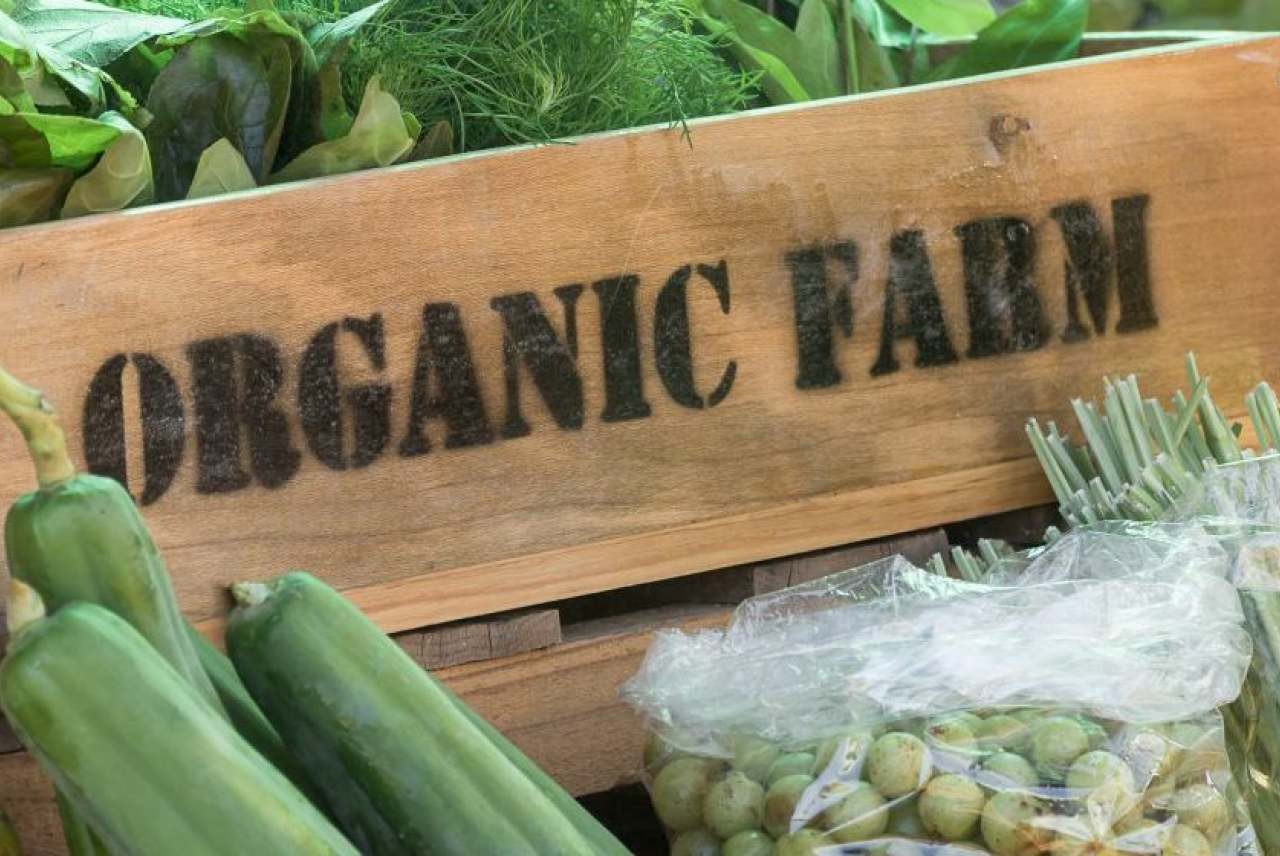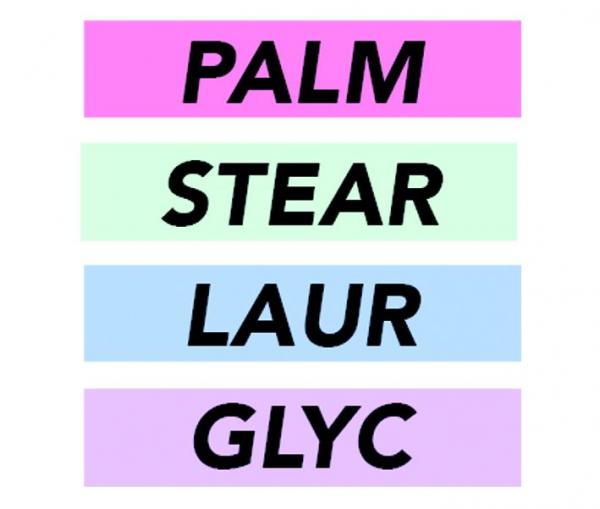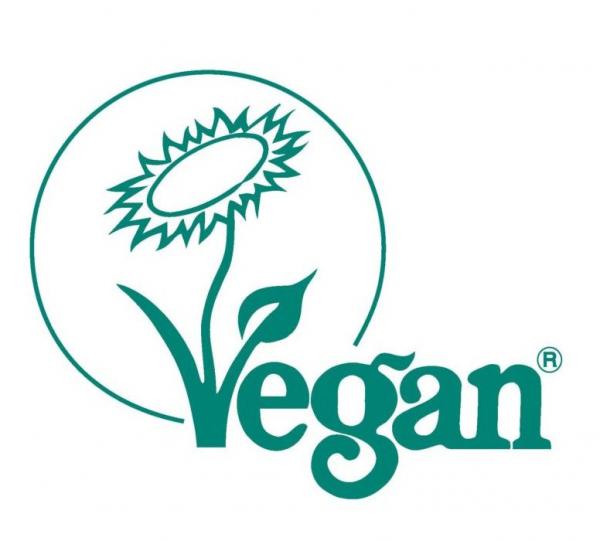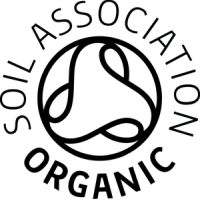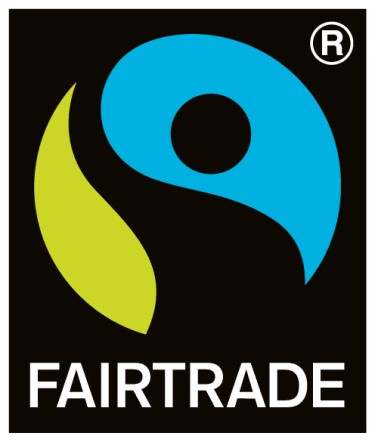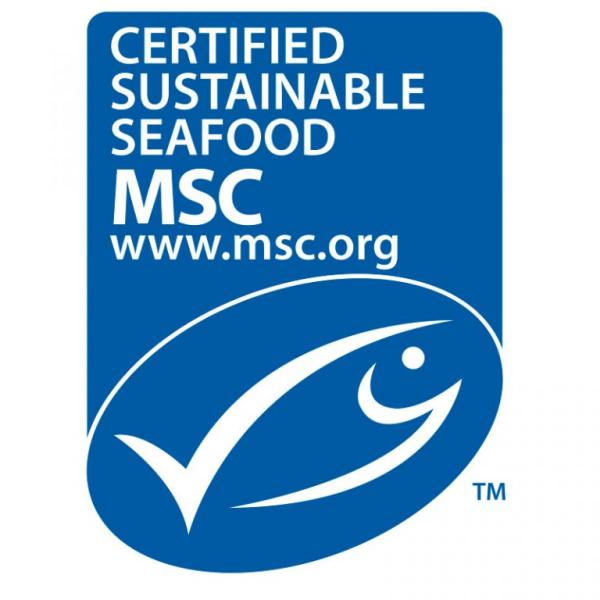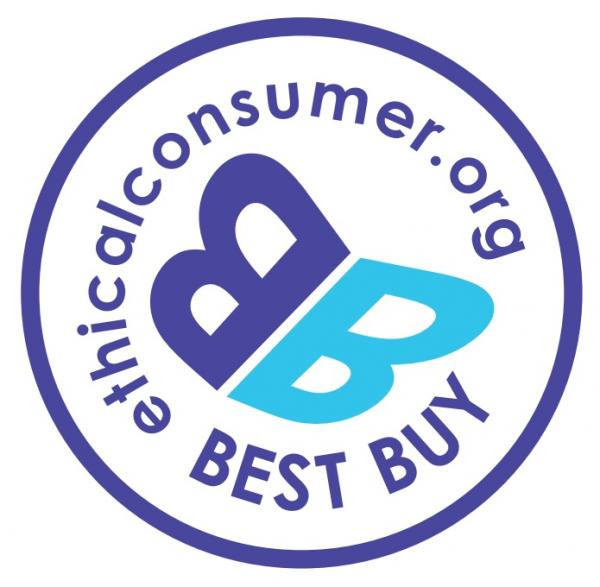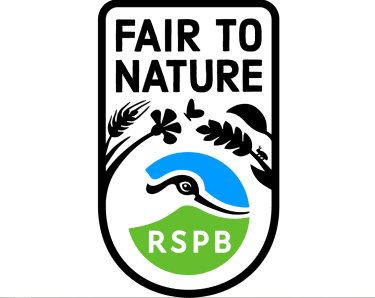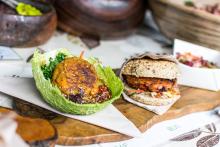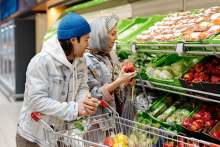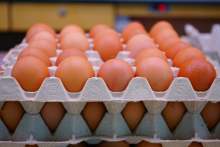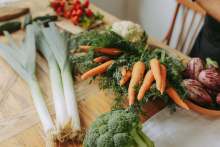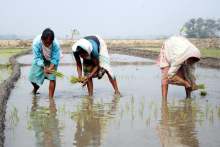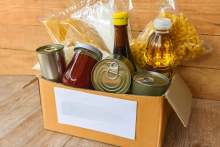As an ethical shopper, there are a number of important labels and ingredients to consider when browsing the food aisle. However, many hidden ingredients and confusing labels can make ethical shopping a laborious and difficult task.
If you are interested in avoiding palm oil, what ingredients should you look for? We also highlight some of the certification schemes for vegan, organic, and fair trade food, as well as some animal welfare labels.
Palm-oil free
The demand for more palm oil plantations and increased deforestation is having a devastating impact on local communities, biodiversity and climate change. Many consumers are aware of the alarming consequences of palm oil and are trying to avoid the ingredient. However, this can seem a daunting task when around 50% of packaged supermarket items contain palm oil.
All food products sold in Europe must now clearly state in the ingredients list whether palm oil is used. They can't just say 'vegetable oil' any more. But much of the palm oil we consume is derivatives of the oil itself. It is important to try to avoid these derivatives as well because they make up about 60% of global palm oil use.
